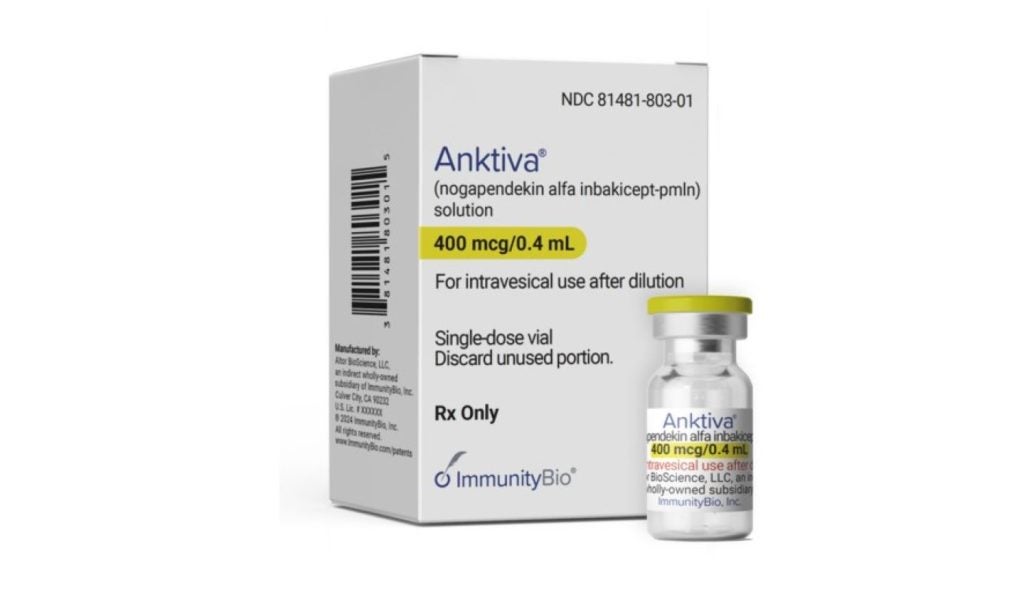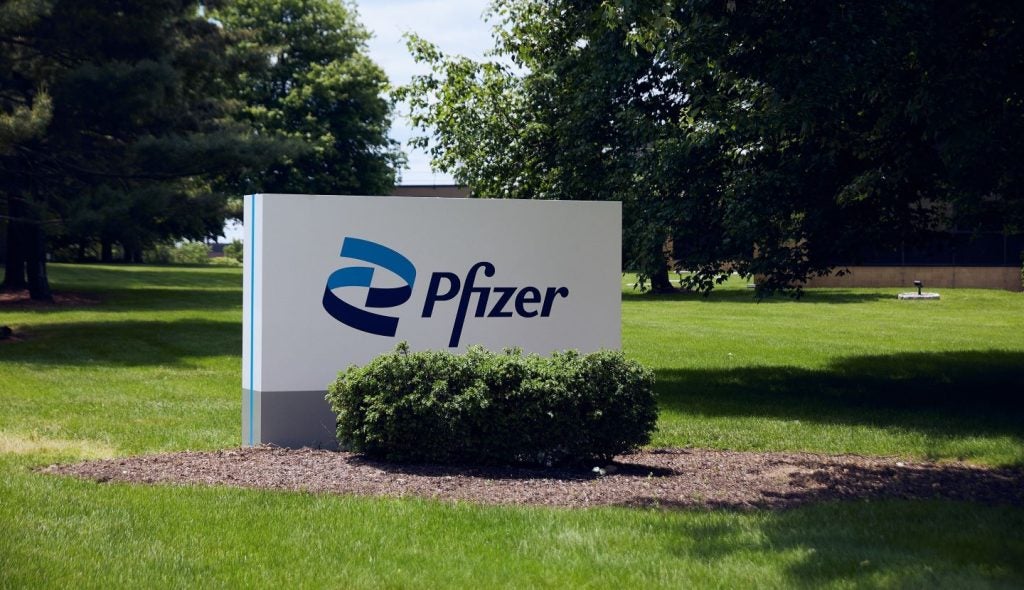Oncolytic Virus to Target CD46 and SLC5A5 for Oncology is under clinical development by Vyriad and currently in Phase I for Metastatic Breast Cancer. According to GlobalData, Phase I drugs for Metastatic Breast Cancer have an 82% phase transition success rate (PTSR) indication benchmark for progressing into Phase II. GlobalData’s report assesses how Oncolytic Virus to Target CD46 and SLC5A5 for Oncology’s drug-specific PTSR and Likelihood of Approval (LoA) scores compare to the indication benchmarks. Buy the report here.
GlobalData tracks drug-specific phase transition and likelihood of approval scores, in addition to indication benchmarks based off 18 years of historical drug development data. Attributes of the drug, company and its clinical trials play a fundamental role in drug-specific PTSR and likelihood of approval.
Oncolytic Virus to Target CD46 and SLC5A5 for Oncology overview
MV-NIS vaccine or oncolytic measles virus encoding thyroidal sodium iodide symporter vaccine is under development for the treatment of recurrent ovarian epithelial cancer, primary peritoneal cancer, endometrial cancer, transitional cell cancer (urothelial cell cancer), serous adenocarcinoma, endometrioid adenocarcinoma, mucinous adenocarcinoma, undifferentiated carcinoma, clear cell adenocarcinoma, mixed epithelial carcinoma, transitional cell carcinoma, malignant Brenner's tumor and nerve sheath tumor and recurrent squamous cell carcinoma head and neck cancer triple negative breast cancer and metastatic breast cancer, neurofibromatoses type I and recurrent medulloblastoma and childhood recurrent atypical teratoid rhabdoid tumor (ATRT) and bladder cancer.
The vaccine is administered by intraperitoneal, intratumoral, intravesical and intravenous and intrapleural routes of administration. The virotherapy contains an attenuated oncolytic Edmonston (Ed) strain of measles virus encoding the human thyroidal sodium iodide symporter (MV-NIS) with the gene expression. MV-NIS attacks cells expressing the human CD46 antigen and it also acts as an activator of human thyroidal sodium iodide symporter. It was under development for the treatment of relapsed or refractory multiple myeloma, glioblastoma multiforme, blood cancer, metastatic non-small cell lung cancer and malignant pleural mesothelioma.
Vyriad overview
Vyriad is a clinical-stage biotechnology company that develops oncolytic virus therapies for the treatment of cancers. It develops drugs using two oncolytic virus platforms which include vesicular stomatitis virus (VSV) and measles virus (MV-NIS). The company’s pipeline products include Voyager-V1 + cemiplimab treats multiple cancers; Voyager-V1 + pembrolizumab for non-small cell lung cancer, head and neck cancer; MV-NIS monotherapy targets bladder cancer; Voyager-V1 monotherapy for solid tumors. Vyriad’s investigator-sponsored clinical studies include Voyager-V1 +/- ruxolitinib for multiple myeloma, T cell lymphoma; MV-NIS monotherapy targets medulloblastoma and recurrent atypical teratoid rhabdoid tumor (ATRT); Voyager-V1 +/- ruxolitinib for endometrial cancer. Vyriad is headquartered in Rochester, Minnesota, the US.
For a complete picture of Oncolytic Virus to Target CD46 and SLC5A5 for Oncology’s drug-specific PTSR and LoA scores, buy the report here.
Premium Insights
From

The gold standard of business intelligence.
Blending expert knowledge with cutting-edge technology, GlobalData’s unrivalled proprietary data will enable you to decode what’s happening in your market. You can make better informed decisions and gain a future-proof advantage over your competitors.





